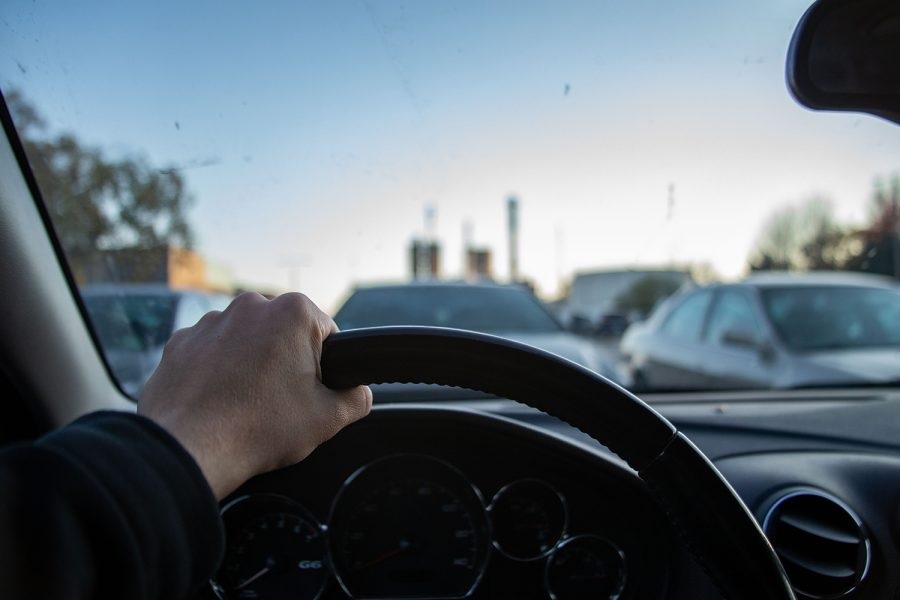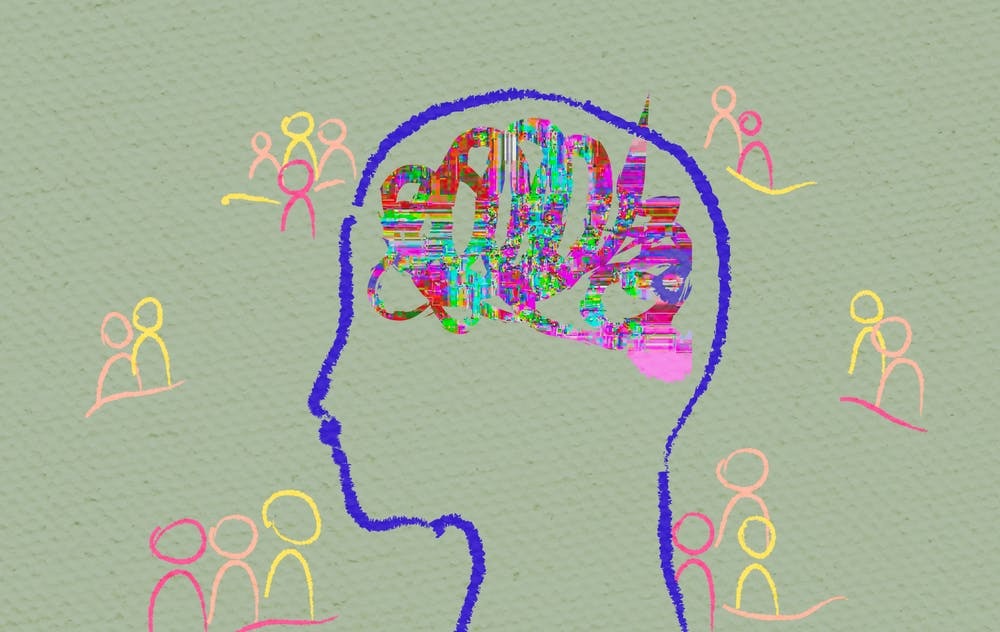A study out of Massachusetts General Hospital (MGH), which was published in the National Institute on Drug Abuse, has found that a noninvasive brain imaging procedure could be an objective and reliable way to identify individuals whose performance has been impaired by THC.
Reported in the journal Neuropsychopharmacology, the procedure could have significant implications for improving highway and workplace safety.
The technique uses imaging technology known as functional near-infrared spectroscopy (fNIRS) to measure brain activation patterns that correlate to impairment from THC intoxication. THC is a compound in cannabis that creates a high effect.
“Our research represents a novel direction for impairment testing in the field,” says lead author Jodi Gilman, investigator in the Center for Addiction Medicine, MGH, and associate professor of psychiatry at Harvard Medical School.
“Our goal was to determine if cannabis impairment could be detected from activity of the brain on an individual level. This is a critical issue because a ‘breathalyzer’ type of approach will not work for detecting cannabis impairment, which makes it very difficult to objectively assess impairment from THC during a traffic stop.”
“We need a method that won’t penalize medical marijuana users or others with insufficient amounts of cannabis in their system to impair their performance,” said Jodi Gilman, lead author.
In the MGH study, 169 cannabis users underwent fNIRS brain imaging before and after receiving either oral THC or a placebo. Participants who reported intoxication after being given oral THC showed an increased oxygenated hemoglobin concentration (HbO). This is a type of neural activity signature from the prefrontal cortex region of the brain and was compared to those who reported low or no intoxication.
“Identification of acute impairment from THC intoxication through portable brain imaging could be a vital tool in the hands of police officers in the field,” said senior author and principal investigator A. Eden Evins, founding director of the Center for Addiction Medicine.
“The accuracy of this method was confirmed by the fact impairment determined by machine learning models using only information from fNIRS matched self-report and clinical assessment of impairment 76 percent of the time.”
“Companies are developing breathalyzer devices that only measure exposure to cannabis but not impairment from cannabis,” says Gilman. “We need a method that won’t penalize medical marijuana users or others with insufficient amounts of cannabis in their system to impair their performance. While it requires further study, we believe brain-based testing could provide an objective, practical and much needed solution.”




